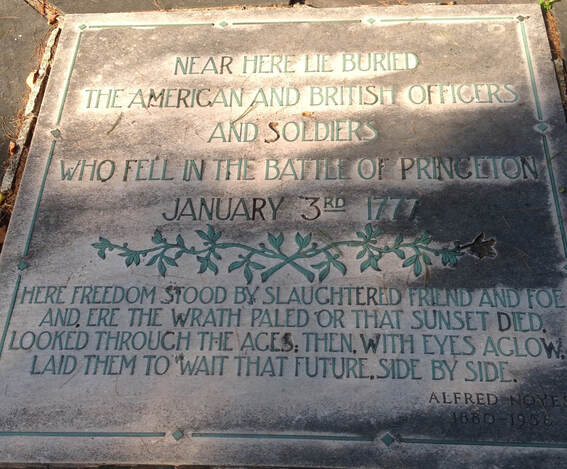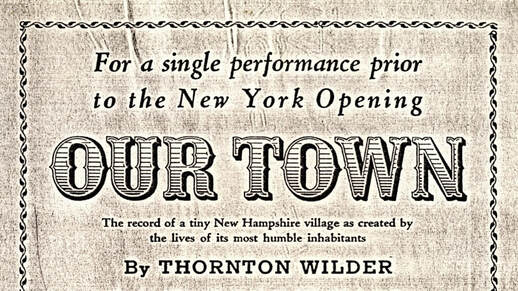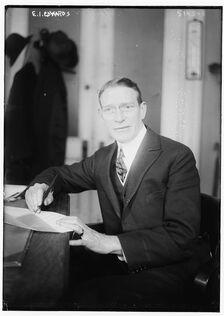** Home
|
On January 3 of 1777 After withstanding a British assault in Trenton on previous day at the Battle of the Assunpink, Continental Army under George Washington defeats British at Battle of Princeton. During the battle, American General Hugh Mercer is mortally wounded by a bayonet assault, dying in the next week after he had been carried to a farmhouse on the battlefield. The County of Mercer is named in his honor in 1838 when the county was created from three adjacent counties by the state legislature. On January 4 of 2018 Former Governor Brendan T. Byrne dies at the age of 93. Byrne, a former aide to Governor Robert B. Meyner and later Essex County prosecutor, president of the New Jersey Public Utilities Commission and Superior Court judge, was elected in 1973 and re-elected in 1977. He was known for his successful advocacy of the program to protect the Pinelands, the approval of casino gambling in Atlantic City, the institution of the state's first income tax, the development of the Meadowlands, and the creation of New Jersey Transit. On January 4 of 1780 A snowstorm that continues for four days prevents supplies from reaching Continental Army commanded by George Washington at its winter camp at Jockey Hollow in Morristown. General Nathaniel Greene writes in a letter: "Our Army is without Meat and Bread: and have been for two or three days past. Poor Fellows! They exhibit a picture truly distressing. More than half naked, and above two thirds starved."
On January 6 of 2021 A mob breaks into the US Capitol in an attempt to disrupt the certification of electoral votes affirming the election of Joe Biden as president and Kamala Harris as vice president. After order is restored and the Congressional sessions resume, Representative Jeff Van Drew, a Republican who had switched parties from his initial election as a Democrat to become a vocal supporter of President Trump, is the only member of the 14-member New Jersey delegation to vote against certifying the Biden-Harris victory. On January 7 of 1894
The first motion picture copyrighted in the United States, an experimental kinetoscope film of Thomas Edison’s employee Fred Ott sneezing, was filmed at the Edison Laboratories in West Orange.
On January 10 of 2024 Former Governor Chris Christie suspends his presidential campaign, during which he became harshest critic of former President Donald Trump of all GOP primary candidates On January 10 of 1999 The first episode of The Sopranos, the Home Box Office television series profiling a fictional Mafia network in New Jersey, is telecast. The series stars James Gandolfini, a Rutgers alumnus, as Tony Soprano. It ran for six seasons, with a total of 86 episodes until its final episode was aired on June 10, 2007. The series received many awards for writing and acting; in 2013, the Writers Guild of America named The Sopranos the best-written TV series of all time, and in 2016, the series ranked first in the Rolling Stone list of the 100 greatest TV shows of all time. On January 11 of 1885 Women’s rights advocate Alice Stokes Paul is born on the family farm in Mount Laurel. Paul became a lifelong women’s suffrage activist and founding member of the National Women’s Party who was arrested and jailed under harsh conditions while demonstrating in Washington. The 19th Amendment granting women the vote is ratified in August 1920. 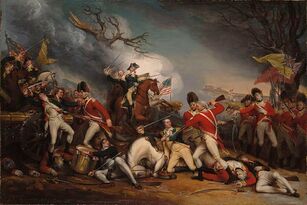
On January 12 of 1777 Continental Army General Hugh Mercer dies of the bayonet wounds he had received at the Battle of Princeton on January 3. The County of Mercer is named in his honor in 1838 when the county was created from three adjacent counties by the state legislature. On January 13 of 1931 Port of New York Authority announces that the "Hudson River Bridge" under construction will officially be named the "George Washington Bridge." It is opened to traffic on October 25. On January 14 of 1981 Governor Brendan Byrne approves the Pinelands Comprehensive Management Plan and forwards it to US Secretary of the Interior Cecil D. Andrus, who approves it on January 16, just before the Carter Administration leaves office on January 20 with the inauguration of Ronald Reagan. 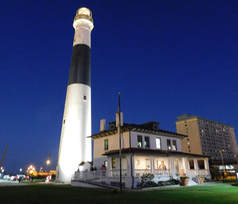
On January 15 of 1857 The Absecon Lighthouse on the north end of Absecon Island is first lit, with its light produced by a kerosene flame visible nearly 20 miles at sea. The lighthouse was built after lobbying by Dr. Jonathan Pitney, the 'father of Atlantic City,' with the aid of a $35,000 appropriation from Congress. On January 15 of 1952 Construction is completed on the New Jersey Turnpike. The original 118 miles were built in a record 23 months for $255 million or about $2.16 million a mile. 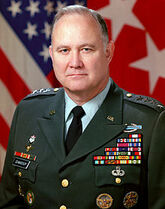
On January 16 of 1991 Operation Desert Storm is launched against Iraq following its invasion and occupation of Kuwait, with coalition of forces from 32 nations under command of Trenton native US General Norman Schwarzkopf, Jr. 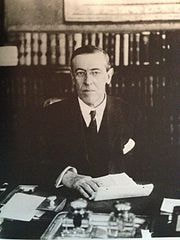
On January 17 of 1911
Woodrow Wilson is inaugurated as the 34th governor of New Jersey On January 18 of 1994 Christine Todd Whitman is inaugurated as the 50th governor of New Jersey and first woman to hold the office On January 19 of 1883 First electric lighting system employing overhead wires goes into service in Roselle. It is built by Thomas Edison to demonstrate that an entire community could be lit by electricity from a shared, central generating station. 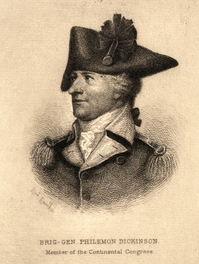
On January 20 of 1777 Brigadier General Philemon Dickinson (later US Senator from New Jersey 1790-93) leads 400 New Jersey militia and 50 Pennsylvania riflemen in an attack against 500 British soldiers foraging for food near Van Nest’s Mills in Millstone. In the 20-minute battle, about 25 British are estimated killed with 49 soldiers taken prisoner. The Americans suffer five deaths and seize over 100 horses and large supplies of food and cattle. 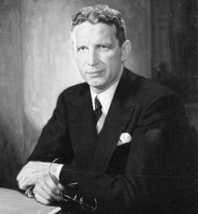
On January 21 of 1947 Republican Alfred E. Driscoll of Haddonfield is inaugurated, the last governor elected under the New Jersey Constitution of 1844 which set a three-year term for the office and prohibited running for re-election to a consecutive term. He subsequently became the first governor elected under the new Constitution of 1947 whose adoption he had advocated, which provided a four-year term and allowed re-election to a successive term. On January 22 of 1938 The play, "Our Town," by Thornton Wilder is performed publicly for the first time, with its premier performance at the McCarter Theater in Princeton before it opened on Broadway. On January 23 of 1976 Paul Robeson, born in Princeton in 1898 and later Phi Beta Kappa recipient and All American football player at Rutgers before becoming a leading civil rights activist, actor and singer, dies in Philadelphia at age of 77. 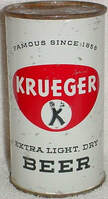
On January 24 of 1935 Krueger Brewery in Newark becomes first to offer beer in cans. The brewery was closed in 1961. 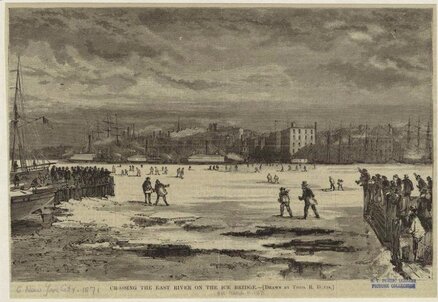
On January 25 of 1821 The Hudson River freezes solid during the coldest winter in forty-one years. Thousands of persons walk across the ice between New York City and New Jersey, and refreshment taverns are set up in the middle of the river to warm pedestrians.
On January 27 of 1903
A Central Railroad train crashes into another train when an engineer focused on fixing engine problems misses multiple signals and collides with another train near Westfield, killing himself and 22 other people.
On January 28 of 1983 Radio station WDHA in Morris County claims to be the first radio station in nation to play music on air recorded on the then-new compact disc.
On January 30 of 1806 The first bridge across the Delaware River opens between Morrisville, Pennsylvania, and Trenton. Built as a covered bridge by the Trenton Delaware Bridge Company, it later is replaced with an uncovered span which becomes known as the "Trenton Makes the World Takes" bridge for the slogan on the sign erected on its south side in 1935.
|
